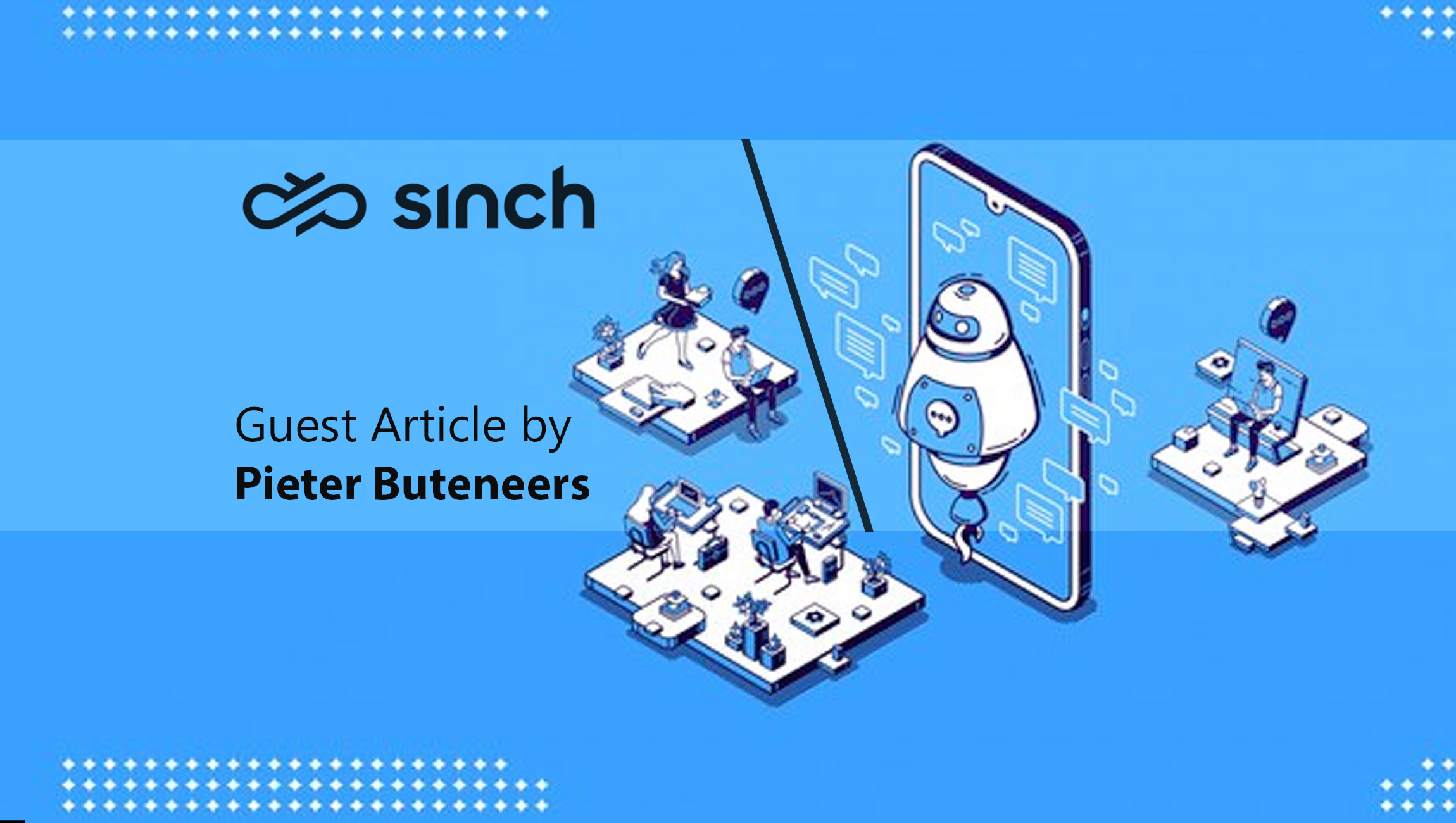Interactions with chatbots are growing with 76% of shoppers having interacted with one in 2021 – up from 51% in 2020. As chatbot technology continues to mature, there’s potential this could bring big changes to the way we search for answers online.
When search engines first rolled out in the 1990s, they had limited capabilities and provided few search results, if any, to users’ questions. Now, sites like Google, Bing, DuckDuckGo etc., are our usual go-to sources to answer immediate questions.
Today’s search engines are capable of processing thousands of queries in seconds. Still, with billions of websites, it can be easy for consumers to search for an answer to a question and not find the exact response they were seeking. This is a huge opportunity for content providers to tailor and customize their content to match what consumers are searching for.
Advances in artificial intelligence (AI) and natural language processing (NLP) have allowed chatbots to have more human-like interactions with consumers and function similar to a search engine. While it’s easy to distinguish a chatbot over a search engine, both tools have similar capabilities – and their similarities keep growing. As more businesses utilize chatbots to better serve customers and streamline operations, is it possible that chatbots could eventually replace search engines and mobile apps? Here’s what you need to know.
Marketing Technology News: MarTech Interview With Mark McKenna, Chief Executive Officer at Postclick
The Growing Importance of Chatbots
Consumers have more choice than ever over where they shop and take their business. As brands compete for consumer attention, you need to be where your customers are, regardless of time or location, and ready to answer their questions. Over half of consumers express frustration, shop elsewhere, when their responses to brand messages go unanswered. To help combat this, integrating chatbot technology into your communications strategy is key.
AI-powered chatbots are available 24/7 and have the capabilities to communicate with customers in a more personalized, human-like manner. While chatbot technology has come a long way, their ability to understand human language continues to be a challenge.
For many chatbots, a misspelled or misused word can greatly impact a conversation. If a customer isn’t getting the response they were expecting with a chatbot, chances are they will leave the conversation, and your brand, altogether. Fortunately, natural language processing (NLP) is helping chatbots learn from previous interactions with customers and better understand human language.
Chatbots and Search Engines are Smarter with NLP
In most cases, NLP models rely on ML to comprehend written or spoken language. With NLP, searching for a product or service, or asking a brand a question can be quick and easy, no matter what language you speak or even whether you know how to phrase what you’re looking for. Chatbots equipped with NLP are not only capable of understanding and responding to customer inquiries more accurately, but they can handle large volumes of conversations – helping businesses to streamline operations and save time and money.
While search engines have established better processes for understanding words within the context of search queries, the majority of them work only with specific keywords. Meaning, that you may not always get the exact answer you were originally searching for. However, intelligent search applications powered by NLP can change the way your business communicates with its customers.
Marketing Technology News: The Changing World of Consumer Loyalty
Internet Search is Evolving
Imagine that your customers have one place to ask all of their questions and get their desired responses rather than searching all over your website. With an intelligent question-answering search engine, you can have a search box on your website that not only searches your FAQs, but also any document or website on the internet. And the best part is, it can be seamlessly integrated into existing technology, like a chatbot.
Any time your chatbot may not know the answer to a customer’s question, intelligent search steps in to give your customers a better overall experience. This technology ultimately gives you a single source of truth, allowing all information to be housed in one location for easy searchability – making your brand a one-stop-shop for new and existing customers for all of their related questions.
While NLP has made significant strides within the last few years, it still has a long way to go. Baking common sense into AI models continues to be a major challenge, especially as businesses seek to have more personalized, two-way conversations with customers.
If we look at how far chatbot technology has come, there’s a good chance that it will surpass the capabilities of search engines. That’s not to say that there will be a one-size-fits-all chatbot for every business but, if you want to make your chatbot smarter and more efficient, then intelligent search applications may be the best route to go.











